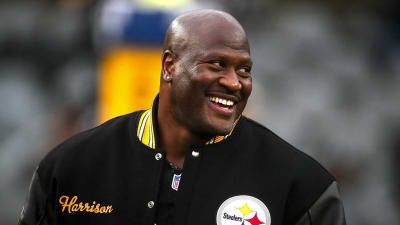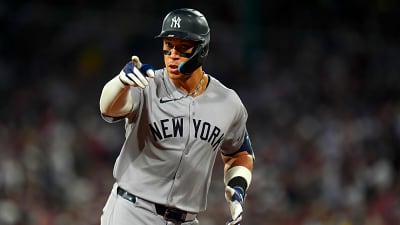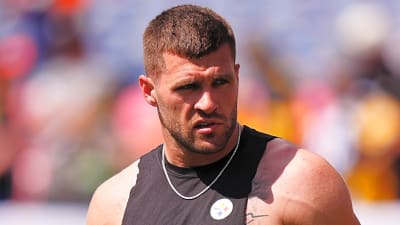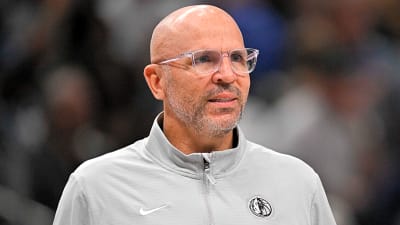An independent arbiter ruled in January that NFL teams did not break league rules by working together to stop fully guaranteed deals. However, the decision also revealed the league had encouraged teams to be cautious with large guarantees after Deshaun Watson’s $230 million deal.
The decision from arbiter Christopher Droney, made on Jan. 14, only became public after being shared this week on the “Pablo Torre Finds Out” podcast. Neither the NFL nor the NFL Players Association (NFLPA) commented.
Watson’s Contract Sparked the Dispute
The NFLPA filed a grievance in October 2022, accusing NFL teams and the league of collusion. The issue began when the Cleveland Browns gave Watson a fully guaranteed contract in March 2022, a first-of-its-kind deal. Soon after, other top quarterbacks—Lamar Jackson, Russell Wilson, and Kyler Murray—failed to land similar deals.
The union argued this showed the league and teams were working together to stop a new standard of guaranteed contracts from spreading. They claimed this violated the collective bargaining agreement (CBA), which bans clubs from agreeing—explicitly or implicitly—with each other to limit contract terms.
League Raised Red Flags Behind the Scenes
Droney dismissed the NFLPA’s case and awarded no damages. Still, he said the evidence showed the league’s management council did encourage teams to hold back on guaranteed money during a 2022 owners’ meeting. That support from the league office was backed by emails from commissioner Roger Goodell and internal presentations.
In one email, NFL executive Jeff Pash warned Goodell that growing guarantees were affecting team budgets. Goodell responded: “Agreed but the tip of the market is most of the dollars and if we wait to see how it falls, it will be too late to counter. Agree with raising with a big concern that this will erode a key aspect of our CBA that resisted guaranteed money except as clubs determined on their own.”
At the March 2022 meeting, league officials showed a presentation noting a 100% jump in guaranteed money since 2020. They warned owners that too many guarantees could damage teams’ flexibility under the salary cap.
One slide read: “If guarantees continue to grow in both amount and number of players, then there’s a risk that they become the norm in contracts regardless of player quality. [redacted-Privilege] That not only has the potential to hinder roster management but set a market standard that will be difficult to walk back. Of course, all clubs must make their own decisions. But continuing these trends can handcuff a club in the future. “
Top Owners, Players, and Agents Testified
Goodell, team owners, and several star players testified during arbitration hearings in July and August 2024. Not all owners remembered the presentation clearly, but some acknowledged it was discussed.
Cardinals owner Michael Bidwill, who was negotiating Kyler Murray’s extension at the time, admitted the message might’ve influenced how he approached Murray’s contract. Murray’s agent, Erik Burkhardt, testified that he pushed for a fully guaranteed deal and believed his client deserved one more than Watson. In the end, Murray signed a five-year contract in July 2022. The deal was not fully guaranteed.
Afterward, Chargers owner Dean Spanos texted Bidwill to congratulate him on the deal and said the structure would help in his own talks with Justin Herbert. Bidwill responded, blaming Cleveland’s deal with Watson for the league-wide disruption, but said he made it a point to keep the guaranteed [money] relatively low.
Jackson and Wilson Also Came Up Short
According to the ruling, Lamar Jackson wanted a fully guaranteed deal from the Ravens. The team offered two different three-year guaranteed deals, but Jackson was aiming for a longer contract. He eventually signed a five-year extension that was only partially guaranteed.
Russell Wilson also asked the Broncos for a fully guaranteed extension. He didn’t get one either. At the time, Wilson still had two years left on his current deal, which gave the team leverage.
NFLPA Claimed There Was Pressure from the Top
The NFLPA said a high-ranking league official asked a team owner in August 2022 to encourage others to resist fully guaranteed deals. DeMaurice Smith, the NFLPA’s executive director at the time, testified that Patriots owner Robert Kraft told him Roger Goodell had asked him to speak up at the next meeting.
Both Kraft and Goodell denied this in their own testimonies.
While the arbiter ruled that teams did not secretly agree to limit guaranteed deals, he confirmed that league leaders clearly encouraged teams to avoid that direction.
In short, the league didn’t break its own rules—but it definitely made its position known behind the scenes.
This report used information from ESPN.
More must-reads:
- Aaron Rodgers sends Steelers clear T.J. Watt message after retirement revelation
- Former Ravens kicker Justin Tucker issued 10-game suspension
- The 'No. 2 NBA Draft picks' quiz
Breaking News
Trending News
Customize Your Newsletter
 +
+
Get the latest news and rumors, customized to your favorite sports and teams. Emailed daily. Always free!








